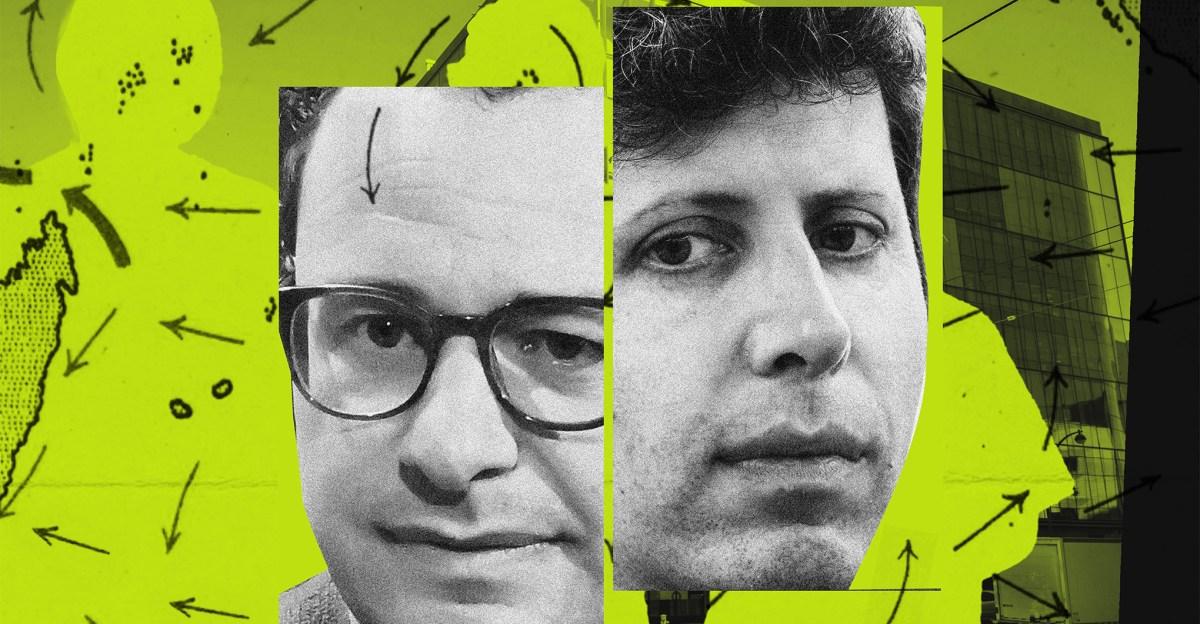- Home
- Technology
- News
AI can predict if it will rain or not
Artificial intelligence (AI) can tell whether it is going to rain in the next two hours, research suggests.


Scientists at Google-owned London AI lab DeepMind and the University of Exeter partnered with the Met Office to build the so-called nowcasting system.
Traditional methods use complex equations and often forecast for only between six hours and two weeks' time.
The AI system can make more accurate short-term predictions, including for critical storms and floods.
Climate change is making it harder to anticipate adverse weather conditions, as the frequency and severity of heavy rain increases, which researchers believe will lead to both significant material damage and death.
“Extreme weather has catastrophic consequences, including loss of life and, as the effects of climate change suggest, these types of events are set to become more common,” Met Office partnerships and product innovation head Niall Robinson said.
“As such, better short-term weather forecasts can help people stay safe and thrive.”
Senate passes resolution rejecting Israeli statement, reaffirms support for Palestine
- 4 hours ago

Gold prices continue to surge in Pakistan, global markets
- 3 hours ago
Six cops including DSP martyred in Kohat attack
- 4 hours ago
The Pixel 10A and Soundcore Space One are just two of the best deals this week
- 5 hours ago

Ken Watanabe didn’t think a kabuki movie would work
- 14 hours ago

Nintendo’s next big Pokémon presentation is on February 27th
- 14 hours ago
Imran Khan’s sister Noreen Niazi injured after falling into under-construction sewer line
- 3 hours ago
Three Federal Constabulary personnel martyred in terrorist attack in KP’s Karak
- a day ago
UN chief decries global rise of ‘rule of force’
- a day ago
Met office forecasts dry weather in most parts of country
- 4 hours ago
Security forces kill four terrorists in DI Khan IBO: ISPR
- 4 hours ago
Iran says any US attack including limited strikes would be ‘act of aggression’
- a day ago











